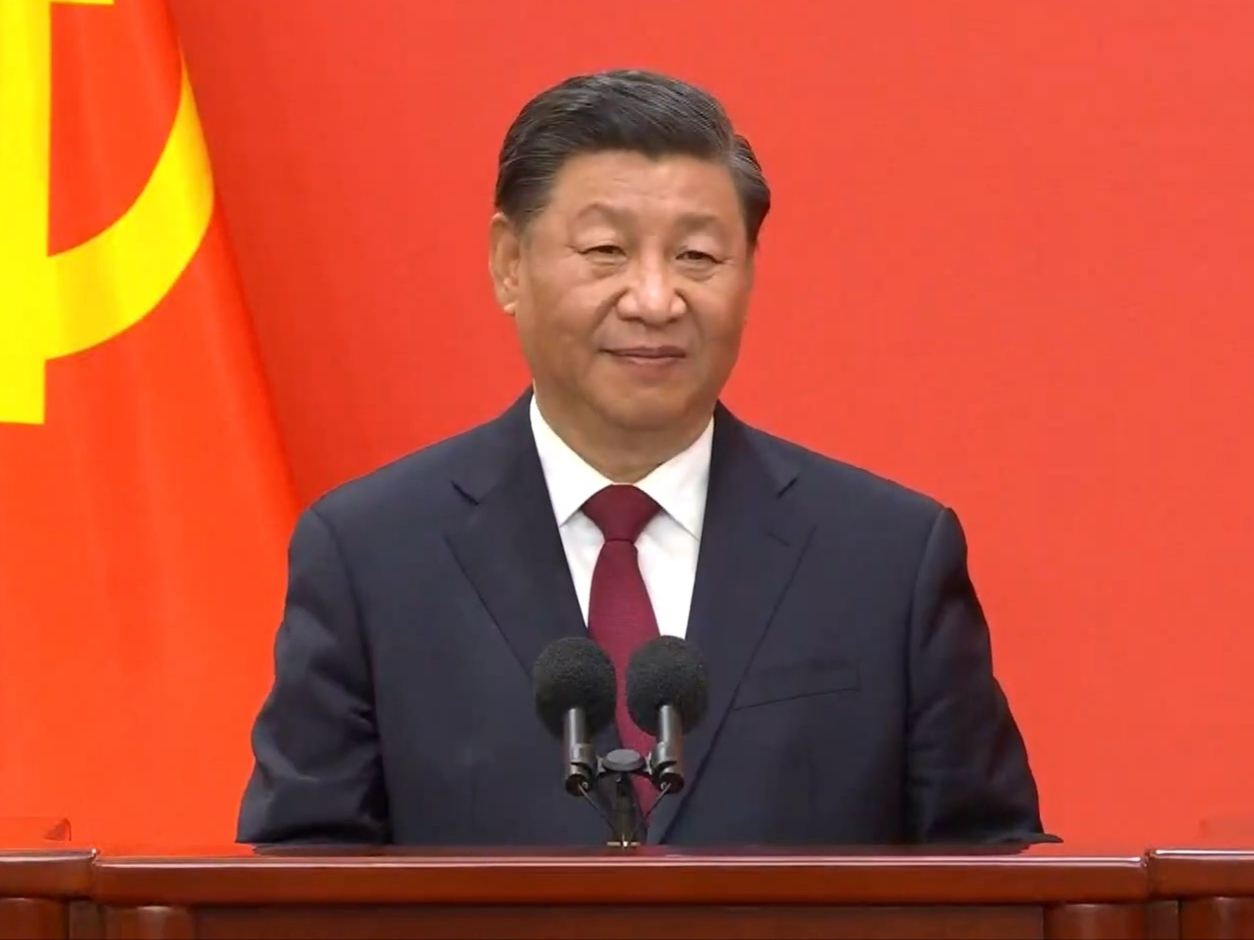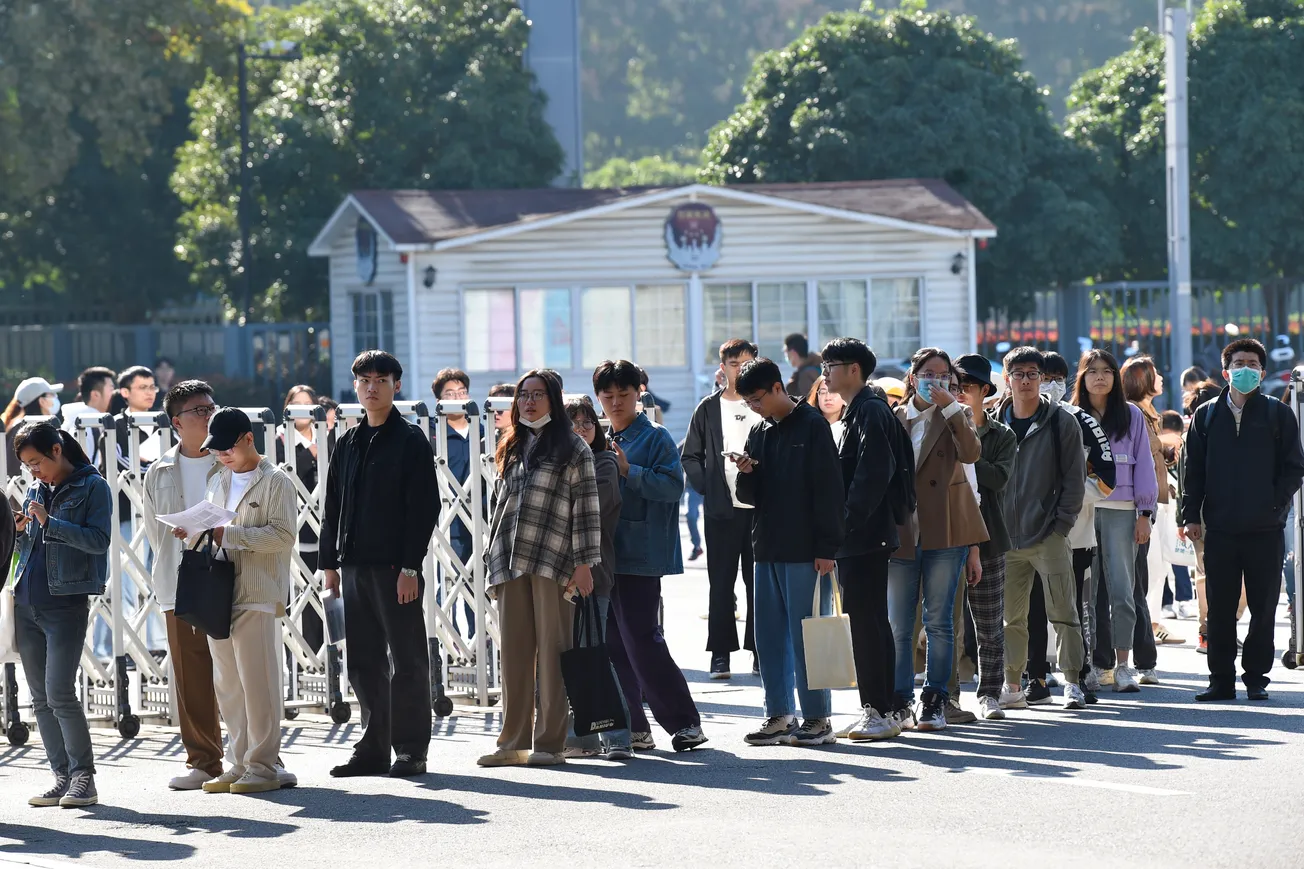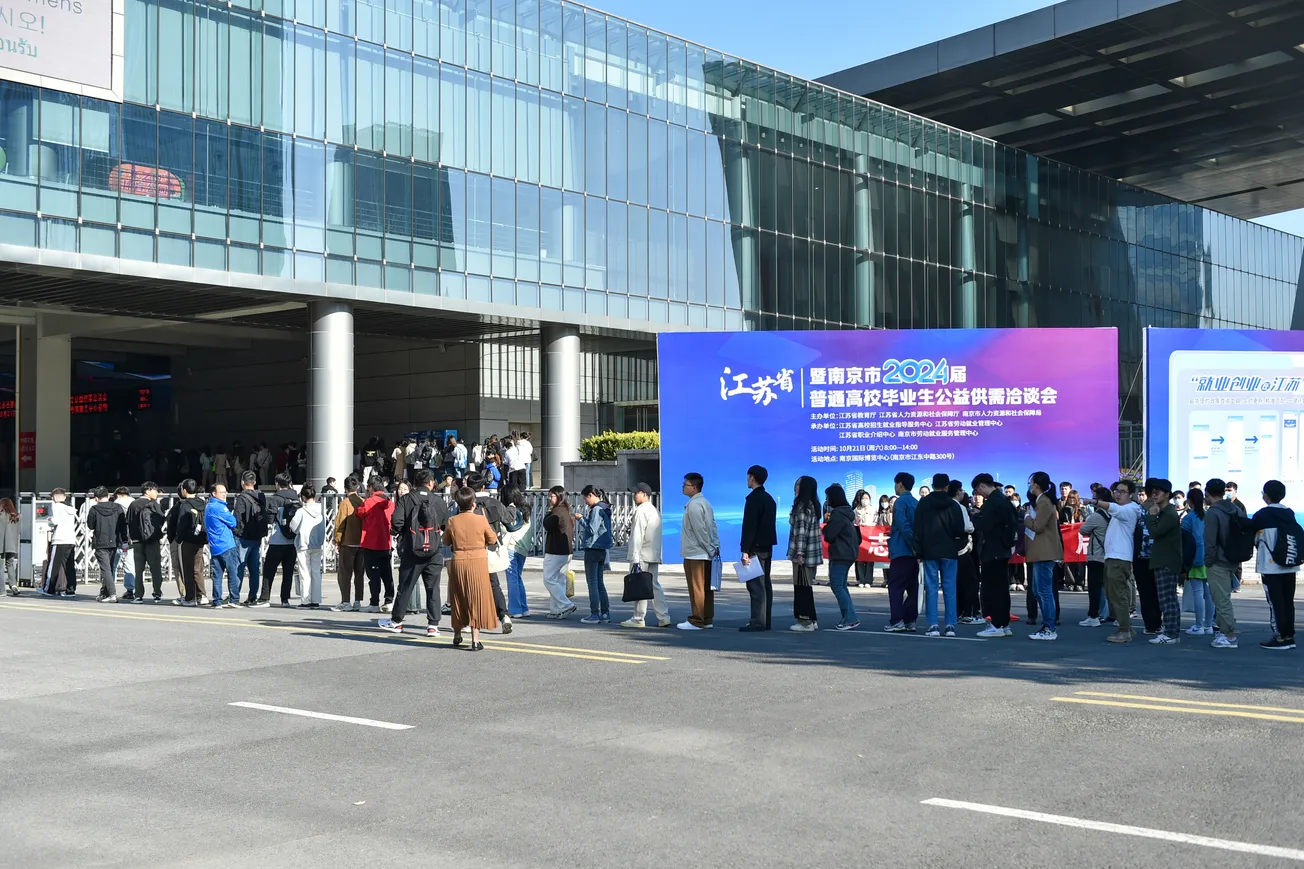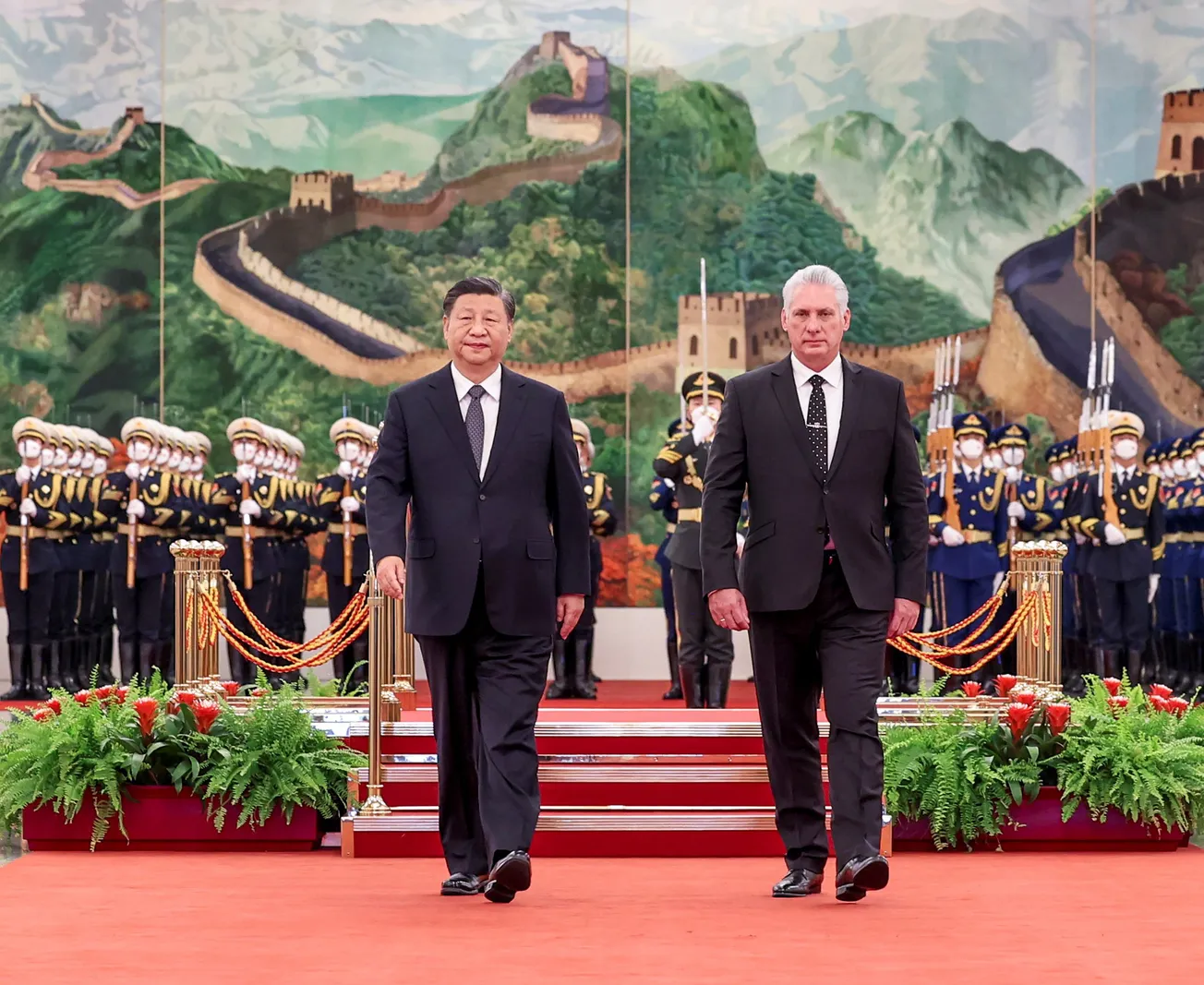- China's youth unemployment reached 21% in May 2023
- The number of college graduates has doubled, causing a surplus of educated young job seekers
- China's government must prioritize service sector growth to address this issue
- Global consequences include disrupted supply chains and reduced consumer demand
- Failure to act could lead to social unrest and emigration of educated youth, challenging China's leadership
China is notorious for its poor work-life balance. Workers at the world's "factory" churn out cheap goods for global markets, working long shifts, often six days a week. But, the Chinese employment market has faced a different problem for the past few months. College graduates in the country are struggling to find suitable jobs.
It made global headlines when data revealed that youth unemployment rates among urbanites had climbed to 21% as of May 2023, three times the unemployment rates of Americans in a similar age bracket. The joblessness rate went up significantly from 15.4% two years ago. The government, once again demonstrating an intense dislike for tarnishing news, announced that unemployment data would not be published until the data collection process was "improved and optimized."

The number of college graduates yearly has almost doubled in the past decade. In 2022, 11.58 million Chinese graduated college, according to some estimates. Fresh from the university, with newly minted degrees and little work experience, youngsters aged 16-24 struggle to find employers. Disenchanted with manufacturing jobs, youngsters seek opportunities in the emerging tech and service sectors, especially in the urban areas. Many have opted to study artificial intelligence, data analytics, and digital marketing but find not enough positions to go around.
While the rising number of graduates points to the growth of China's education system, the government is lacking in growing the service sector and creating opportunities for the urban educated.
It would be short-sighted to view this as solely Beijing's problem. A think tank, Macroeconomy Forum, based in China, opines that the situation could worsen in the short term and persist for the coming decade. China remains a vital cog in the global supply chain. American imports from China were pegged at $563.6 billion last year. Reduced productivity will severely impact global supply chains, driving up prices of everything from tech devices to toys.
The country, with a population of 1.4 billion, also drives the demand for consumer goods. China remains America's third-largest export market. According to the USTR, "U.S. goods exports to China in 2022 were $154.0 billion, up 1.7 percent ($2.6 billion) from 2021." Falling purchasing power and lower demand in the world's second-largest economy would significantly affect every sector, from electronics to luxury goods.

Still dealing with the fallout from President Xi's "Zero-Covid" lockdown, disruptions in the global markets, and a sluggish economy, China cannot afford to let college graduates sit idle or have vacancies with no takers. The social problems created by such a situation could shake the Party's firm hold on society. A civil unrest or public protest could ensue. Disenchanted youth may look for opportunities abroad. The world's second-most populous country could witness a mass emigration of educated youngsters, tipping its age demographic.
With its $9 trillion debt, China must find ways to turn the tide. The country's skewed focus on some sectors in its race to dominate the global economy creates domestic woes that could challenge the leadership if left to worsen. A coordinated effort between the government, industry, and academia is necessary to put forward clear roadmaps that will ensure that college graduates have opportunities to showcase the skills they have acquired on campus.









